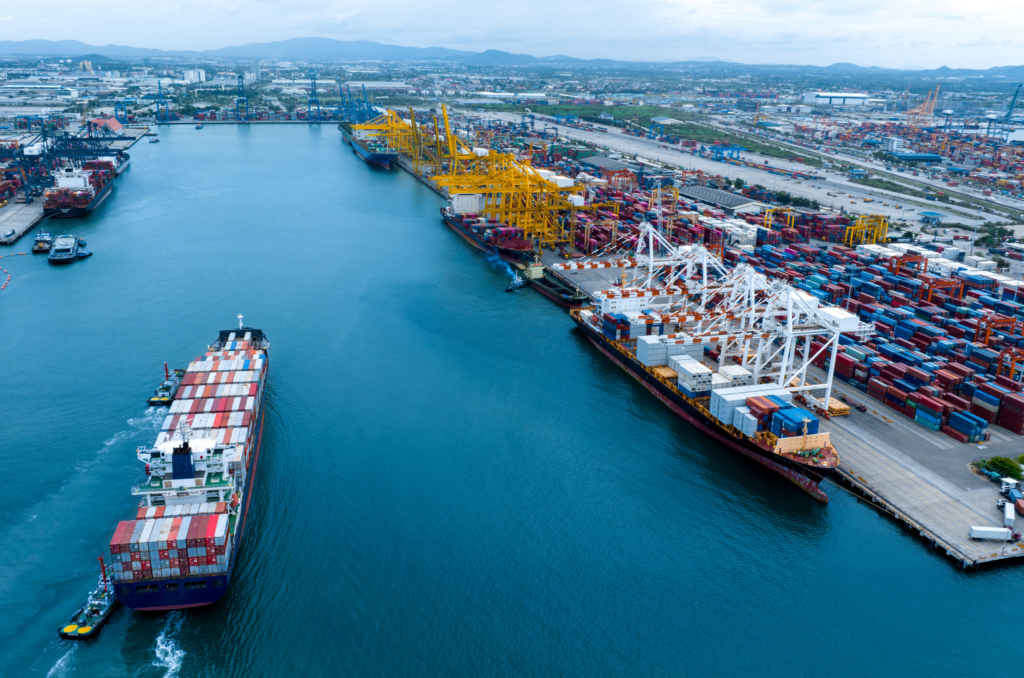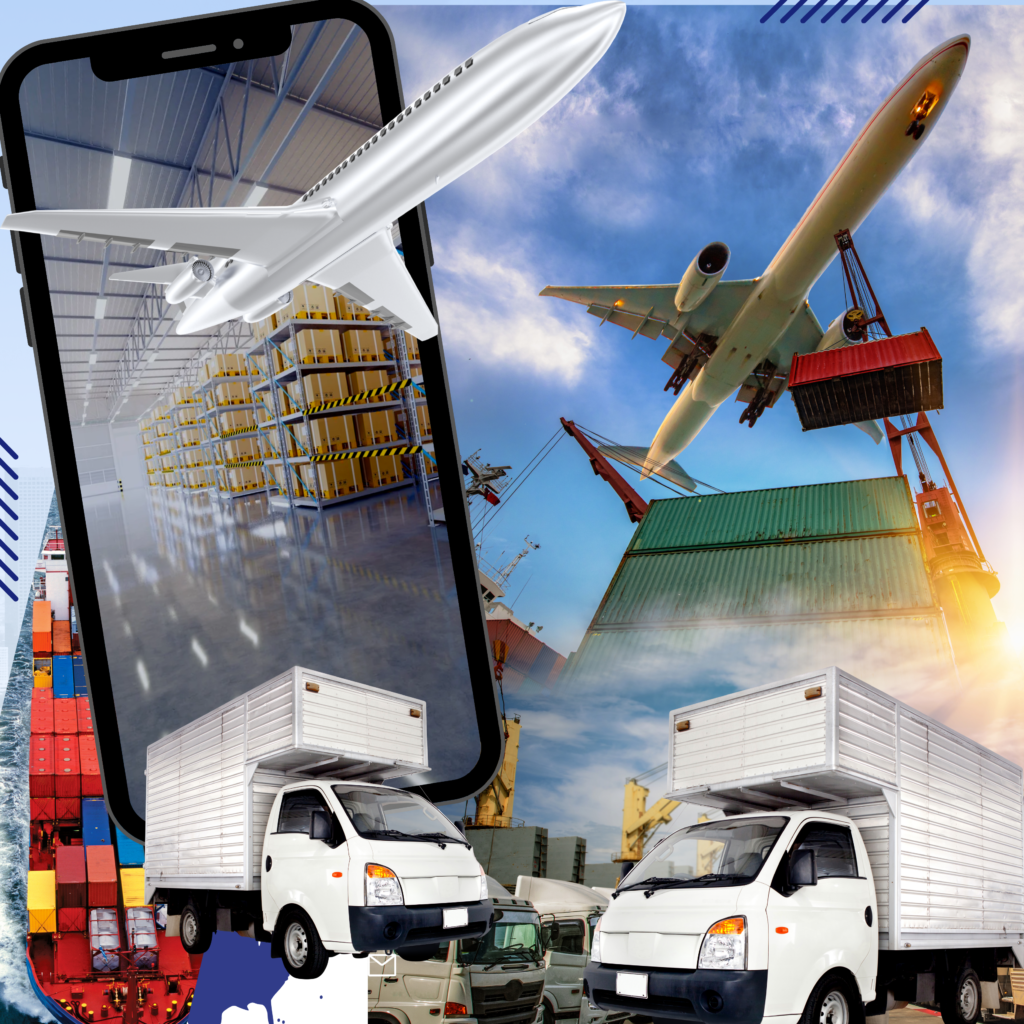
Navigating the Maze: How Freight Forwarding Streamlines Global Trade
In today’s interconnected world, international trade is a complex dance. Businesses must navigate a maze of logistics, regulations, and transportation options to get their goods from origin to destination efficiently and cost-effectively. This is where freight forwarding steps in, acting as a vital intermediary between shippers and the various transportation providers involved in the global supply chain. This blog delves into the world of freight forwarding, exploring its key functions, the benefits it offers, and the future trends shaping this dynamic industry.
The Symphony of Freight Forwarding: Orchestrating Global Logistics
A freight forwarder acts as a conductor in the global logistics orchestra, coordinating the movement of goods across international borders. Here’s a breakdown of their core functions:
- Transportation Management: Freight forwarders work with various transportation providers, including airlines, shipping lines, and trucking companies, to choose the most efficient and cost-effective mode of transport for each shipment. They negotiate rates, book space on vessels or airplanes, and ensure timely delivery. [Keyword: Freight Forwarding – Transportation Management]
- Customs Clearance: Navigating the complex world of customs regulations can be a daunting task. Freight forwarders possess the expertise and experience necessary to handle customs documentation, ensuring smooth border crossings for your goods. They handle tasks like import/export declarations, duty calculations, and liaising with customs authorities. [Keyword: Freight Forwarding – Customs Clearance]
- Cargo Insurance: Accidents can happen during international shipping. Freight forwarders can help you secure cargo insurance to protect your goods from damage, loss, or theft during transit. [Keyword: Freight Forwarding – Cargo Insurance]
- Warehousing and Distribution: Some freight forwarders offer warehousing and distribution services, providing storage space for your goods and managing the final leg of the delivery process to your customer. [Keyword: Freight Forwarding – Warehousing and Distribution]
- Documentation Management: Freight forwarders handle all the necessary documentation, including bills of lading, packing lists, and commercial invoices, ensuring all paperwork is accurate and compliant with regulations. [Keyword: Freight Forwarding – Documentation Management]
- Real-Time Tracking: Modern freight forwarders offer real-time tracking capabilities, allowing you to monitor the location and status of your shipment throughout its journey. [Keyword: Freight Forwarding – Real-Time Tracking]
The Value Proposition of Freight Forwarding: Benefits for Businesses
By partnering with a reliable freight forwarder, businesses can reap several significant benefits:
- Reduced Costs: Freight forwarders leverage their experience and established relationships with transportation providers to negotiate competitive rates. They can also help you optimize routing and modal selection, minimizing overall transportation costs.
- Enhanced Efficiency: Freight forwarders handle all the complex logistics tasks, freeing up your time and resources to focus on your core business operations. They streamline the entire shipping process, minimizing delays and disruptions.
- Reduced Risk: Navigating customs regulations and ensuring compliance can be a minefield. Freight forwarders offer expertise in customs clearance procedures, minimizing the risk of delays or penalties at borders.
- Improved Visibility: Real-time tracking capabilities provide greater control over your shipments, allowing you to monitor their progress and anticipate any potential issues.
- Global Reach: Freight forwarders have established networks of partners worldwide, enabling them to handle shipments to any international destination seamlessly.
Beyond Borders: Challenges in Freight Forwarding
While freight forwarding offers undeniable benefits, the industry faces some ongoing challenges:
- Complexity of Regulations: International trade is governed by a complex web of regulations that vary from country to country. Freight forwarders must stay up-to-date on the latest regulations and adapt their practices accordingly. [Keyword: Freight Forwarding – Regulations]
- Security Concerns: Maintaining the security of goods throughout the entire supply chain is paramount. Freight forwarders must implement robust security measures and comply with international security standards. [Keyword: Freight Forwarding – Security]
- Global Disruptions: Unforeseen events like natural disasters, political unrest, or trade disputes can disrupt global supply chains. Freight forwarders must be adaptable and have contingency plans in place to navigate these disruptions. [Keyword: Freight Forwarding – Disruptions]
- Technology Integration: The rise of e-commerce and the increasing demand for faster deliveries necessitate continuous technology integration within the freight forwarding industry.
The Future of Freight Forwarding: Embracing Technology and Collaboration
The future of freight forwarding is poised for exciting advancements with a focus on technology and collaboration:
- Digitalization: Embracing digital platforms and online booking systems will streamline communication and automate many manual processes within freight forwarding. [Keyword: Freight Forwarding – Digitalization]
- Blockchain Technology: Blockchain has the potential to revolutionize how trade


